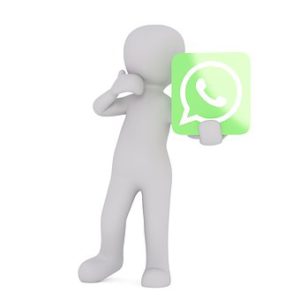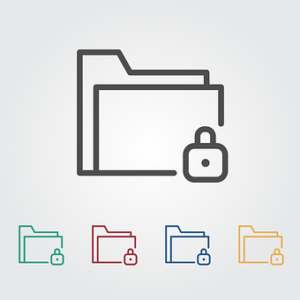Recording vital information you use today and for others to access should they ever need to step in for you, is often overlooked as an item on our to-do list. Using a smart phone has reduced my “knowing a number from memory”! If someone needed access to your contacts, have you established a way for them to have access to those you contact frequently in your personal and your professional life?

What I mean by “contacts” are those people you contact regularly both personally and professionally. Reminder – think about service providers for you/your family (including pets) and the people who would be impacted if you were suddenly out for a period of time. I have designated separate “call out lists” for my POA’s of personal contacts and professional contacts with whom I interact regularly.
Business owners take note – we rely on technology for our contacts, appointments and follow-up. How would someone access your systems if needed? Making plans while we are healthy is an important step to allowing our business to continue should an “interruption” occur.
Emergency notification may be quite different at home than at work. Are there specific contacts that require notification in the event of an emergency at work? Building management? Clients? Colleagues? Vendors? Pay close attention to who counts on you and make sure to provide access to their information on your call out lists.
When my parents were alive, I made sure I had listings of their contacts. When we were back and forth to the hospital, their contacts were important for me to know about. Consider this important information for those who have designated you as their Power of Attorney, or back-up in any way and to ensure you have access “just in case”.
How you elect to store and pass this information is up to you and those you designate. I elect to print out a copy of my call-out lists for my home office bulletin board and send “soft copies” to my POA’s annually, as I am completing my tax return.
When you consider ways to document and store your contacts, it is important to protect your information from “undesired eyes”, while allowing access to this important information if needed for someone to walk into your shoes.

For example, I have established an ICE (In Case of Emergency) binder where I store printed copies of any/all important information someone will need in order to act on my behalf. I’ve notified my POA’s where this is located.
Some people prefer to keep this information on paper, others on a USB flash drive, in the cloud and/or stored in a vault (in a physical location or electronically). Whatever your preference, the key here is to be able to communicate quickly and thoroughly when needed.
Contingency planning at home and work benefits people in measurable and profound ways. The Living Planner supports proactive resources and comprehensive business and individual/family contingency planning.
Many thanks for the opportunity to be a part of your lives. Contact us to learn more about how we work with individuals, business owners and employees via Email or online @ The Living Planner #CareForPeopleCareForBusiness
–Lynn
